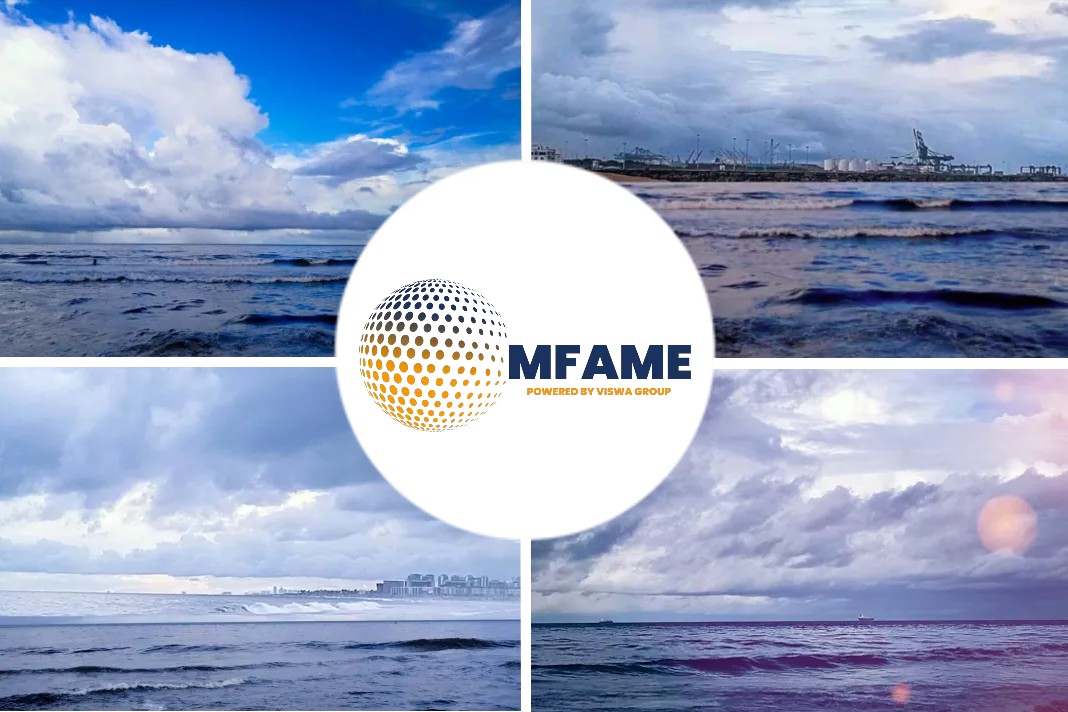- Dock workers from the Port of Liverpool, the fifth-largest port in the U.K., walked off the job on Tuesday in protest over wage negotiations.
- This eight-day strike overlaps with a second strike at the U.K.’s largest container port, the Port of Felixstowe, set to begin Sunday.
A recent news article published in the CNBC states that with new UK port worker strikes, Ford’s supply chain problems aren’t over.
Significant cost increase from supply chain pressures
With multinational companies including Ford — which on Monday warned of a significant cost increase from supply chain pressures — exporting from the U.K., the continuing labor strife will stress an already congested European port network. Throughout the summer it was already dealing with mounting worker issues and a pileup of auto industry units and parts. Ford is one of thousands of companies that use both the U.K. ports and the ports in Germany, Belgium and the Netherlands to export auto parts.
Dockworkers at the Port of Felixstowe had an eight-day strike in August in protest over wages. Since then, the port’s owner, Hutchison Port Holdings, increased the dockworkers salaries by 7% and issued back pay. But Robert Morton, national officer for the Unite union, tells CNBC the workers are still not satisfied.
“We will strike again and again and again until our wages match inflation,” said Morton. “The message we are trying to get out to employers is that we couldn’t walk away during Covid. There was no respite. We are working in all kinds of weather. There has been no reward whatsoever for the efforts that our people made over these two and a half to three years. Now the inflation rate is rocketing. We need to be recognized and we need to be thanked for the efforts that we have made.”
“We asked our members, are you prepared to accept the seven percent that’s been imposed upon you? Or do you want to carry on striking to get what you deserve?” Morton said. “And we got a return of 82% of our members said that we want to carry on regardless.”
The U.K. is a major trading partner with the U.S
According to FreightWaves SONAR data, the Port of New York and New Jersey receives 30% of all U.K. exports.
European congestion contagion
Logistics managers are rerouting containers to other ports in Europe, but Christian Roeloffs, co-founder and CEO of Container xChange says these measures will create more disruptions and delay the peak season cargo across major European ports.
The CNBC Europe Supply Chain Heat Map shows the disruptions being experienced by importers and exporters.
“These delays compound with other upstream and downstream noise in the system,” said Glenn Koepke, GM of Network Collaboration at FourKites.
One example is order lead time to customer. With production part availability issues, staffing issues, truck delays, and then port delays added on top of these factors, FourKites is seeing cases where end-to-end transit time may increase from a range of 15-30 days to 20-45 days. “This makes planning and forecasting extremely difficult for all parties,” Koepke said.
Trade moving to Belgium, Germany and Netherlands
In an effort to keep products moving, logistics managers tell CNBC they are shipping their containers into Antwerp and Rotterdam ports and then transferring cargo from ocean freight containers into road freight vehicles to come to the U.K. Other options are to ship into Ireland and again ferry across to the U.K. into Grangemouth. Bremerhaven and Hamburg are also receiving diverted containers.
“It’s important to stay ahead of the game and work on transhipping containers from sea to road movements where possible to ensure the cargo stays moving rather than sitting in queues of congestion,” said Paula Bellamy, managing director OL UK.
Unfortunately, the German, Belgium and Netherland ports are dealing with their own congestion problems after a series of labor stoppages in early summer. Cargo ships being diverted to other ports in Europe and the U.K. will add pressure to the congestion in the ports of Bremerhaven, Hamburg and Rotterdam.
Crane Worldwide Logistics has estimated that it will take until the first quarter of 2023 for the backlog across European ports to clear up.
Empty shipping containers
Container xChange is also warning Europe’s overstretched supply chains are experiencing a “double whammy of disruptions” as a result of the strikes, with the biggest concern being access to empty containers.
“This impacts not only imports for the coming peak season, I think right now the impact will be majorly on the hindrances of exporting empties out of Europe,” Roeloffs said. “Overstressed depots full of empty containers will face further inefficiencies because operations will be halted as a result of the strikes.”
Andreas Braun, Europe, Middle East and Africa ocean product director at Crane Worldwide Logistics, said while there are enough empties in Europe, the problem is still the congestion in the port to get them. “The vessel schedules are still out of sync on the route from Europe to China so can not load enough empties,” he said.
Chinese holidays impact
These strikes come at a time of shippers trying to get their containers ahead of Golden Week in China, which begins in the first week of October. Manufacturing and trade slows during this time as employees participate in the holiday week and there is less labor.
To accommodate the decrease in trade, logistics managers are watching how many vessel sailings will be canceled (“blank sailings”).
“Shipping alliance partners Maersk and MSC are calling off multiple voyages from China to Europe, indicating that the carriers forecast lower demand for container freight in the coming time,” Braun said. “By calling off sailings, the carriers are trying to regulate and control the available capacity, which in the end partakes in keeping freight prices afloat.”
Maersk, which also has routes between China and northern Europe with alliance partner MSC, has announced nine cancelations during this period.
Did you subscribe to our daily Newsletter?
It’s Free! Click here to Subscribe
Source: CNBC
















